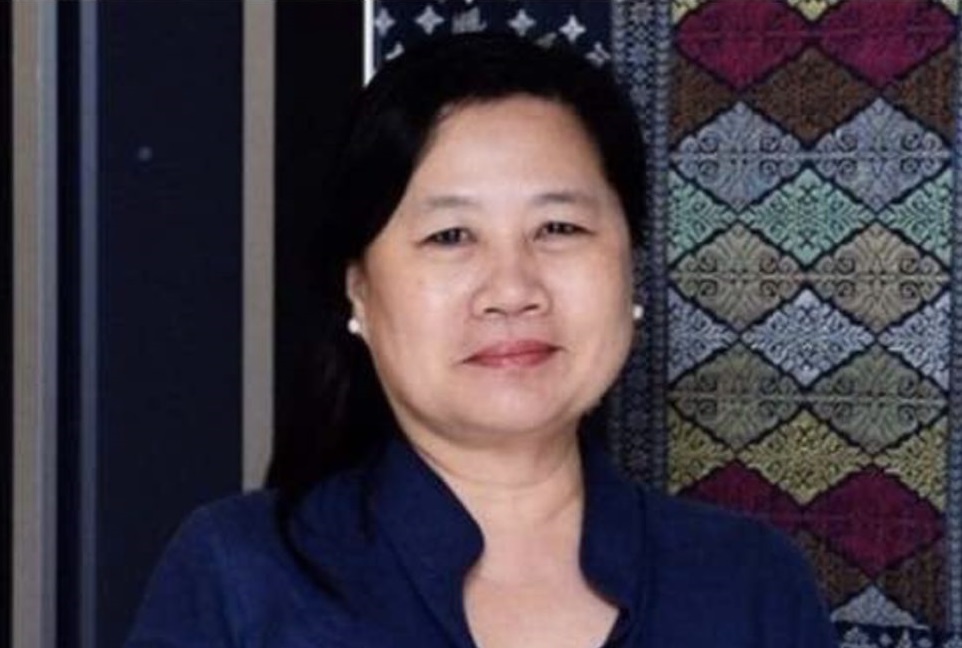
Guided by personal ethics of ‘do more good’, Yuet Mee Ho-Nambiar has a long involvement with sustainability and community building activities. Belief in the oneness of humanity and the nobility of man underpins her interest in matters relating to unity and social cohesion of communities, while her background in a finance-related profession focuses her interest to the area of inclusive economics and development.
Rising Generations: Weaving a New Tapestry of Community Life in Malaysia
By Yuet Mee Ho-Nambiar
For decades, a materialistic ideology that places the accumulation of wealth at the center of our existence, and promotes individualism as healthy, has permeated every facet of our lives. The prioritisation of economic growth through self-interested competition has stripped many communities of vital qualities such as trust, cooperation, reciprocity, and fellowship.
Weaving a new tapestry of community life that reflects values like justice and generosity, selflessness, and equality, requires the participation of every generation of people who can offer their distinct contributions according to the opportunities and challenges presented to them. The adoption of aspirational global agendas in multiple spheres, such as Agenda 2030 and the Paris Climate Agreement, is one such contribution by humanity to move towards a more just and united global civilisation.
Significantly too, the rising generations are becoming significant actors in processes of community change. There are numerous examples – from Greta Thurnburg in the global stage to our numerous young social enterpreneurs here in Malaysia – who are showing us that the rising generations are taking their place on stage to play a vital role in weaving a new tapestry of community life that can transform our society. Young people throughout the ages have been characterised by certain qualities: they are curious, they question and probe the world around them, they are adaptable and open to change, they are idealistic, and have an acute sense of justice. Bold and fearless, they are choosing to be a force for social good.
Armed with the above attributes, many young people in Malaysia are considering which elements of our culture they would like to reinforce, and which they would like to dispense with. Many are discarding the trap of conceiving their efforts in narrow terms of success, as they realise that prosperity can be advanced through justice and generosity, through collaboration and mutual assistance. They are revising the conceptions of work around the ideals of inclusion, universal participation, and reciprocity, and insist that work, as the activity that tends to occupy the central portion of our waking hours, be a source of meaning and provide a way to contribute to the betterment of society. Through innovation, entrepreneurship, and experimentation with new models, they are working hard to roll back many of our current systems which are inadequate to meet the demands of our society. Willing to risk it all, they stand and work for social issues through their social enterprises.
From young scientists working on endangered species to young women and men working to serve marginalised communities in Malaysia, they can have a positive reinforcing effect in the communities they operate in. When a community sees its youth among its midst purposefully contributing their share to the betterment of society, it develops a nurturing setting in which unified actions becomes multiplied – individual will and collective volition becomes blended, and a spirit of enterprise is engendered by the realisation of the need for concerted action and a commitment to the common good. In such settings, individuals feel encouraged to attend to the development of their members, and channel resources towards community building programmes that can nurture the moral, spiritual, intellectual, and physical development of every inhabitant. Institutions, in turn, come to view their function as one of channelling and directing the burgeoning talents, abilities, and collective energies within the community into patterns of action that promote the betterment of society.
Crucially, our youth are pursuing their aspirations through rich patterns of interaction with each other. They know that persevering in efforts to serve society — particularly in the face of difficult or even harsh conditions — becomes easier when working collaboratively with others. Bonds of trust and fellowship, of camaraderie and cooperation are strengthened.
I am hopeful that the social-positive and nature-positive influence of this rising generations of change makers dedicated to serving the common good will soon become more prevalent and more main-stream, from which the Muhibbah Malaysia culture can thrive and flourish.
The views expressed here are that of the writer’s and not necessarily that of Weekly Echo’s.